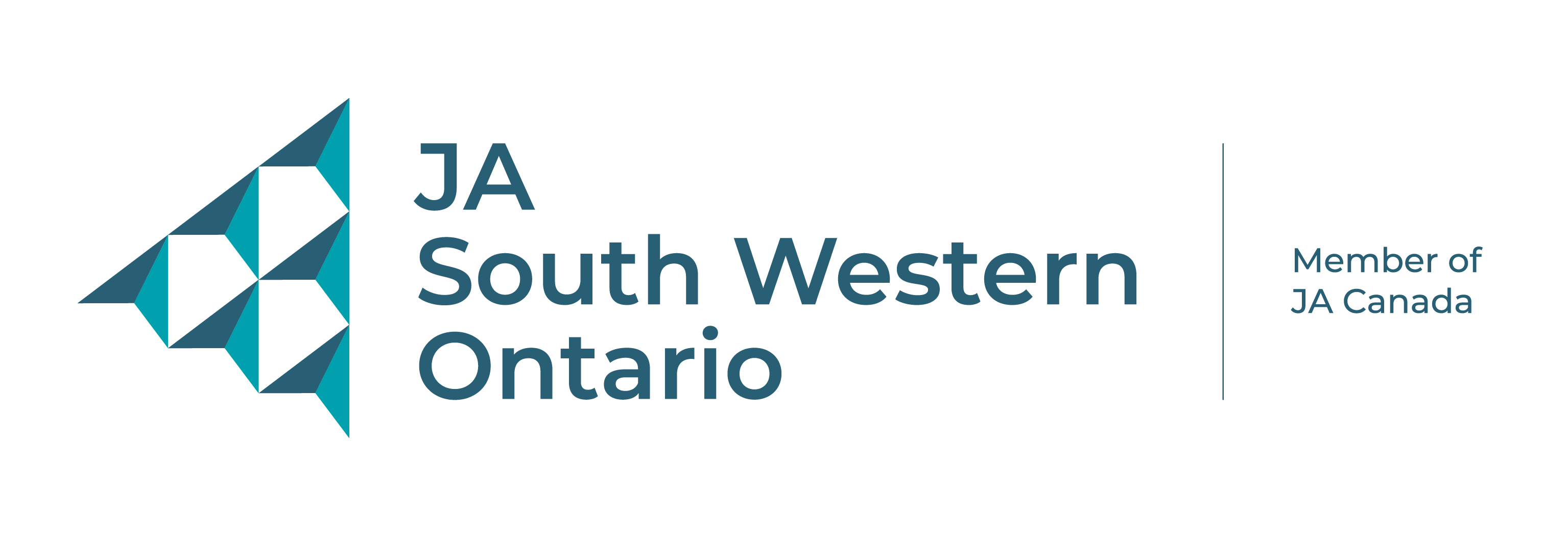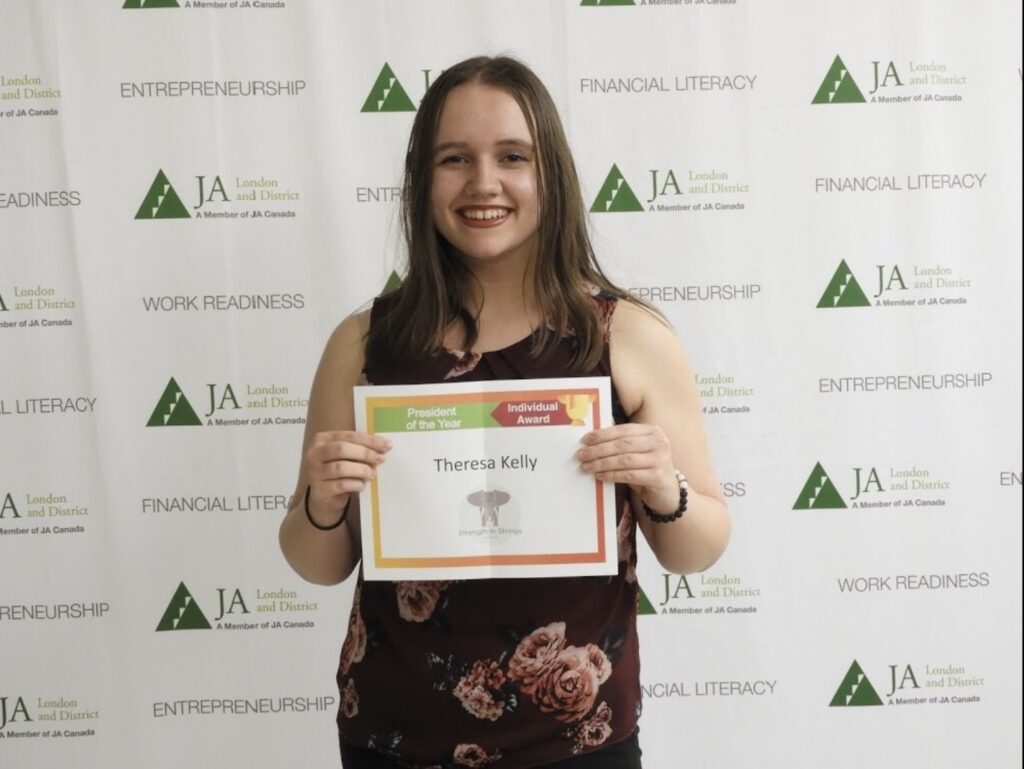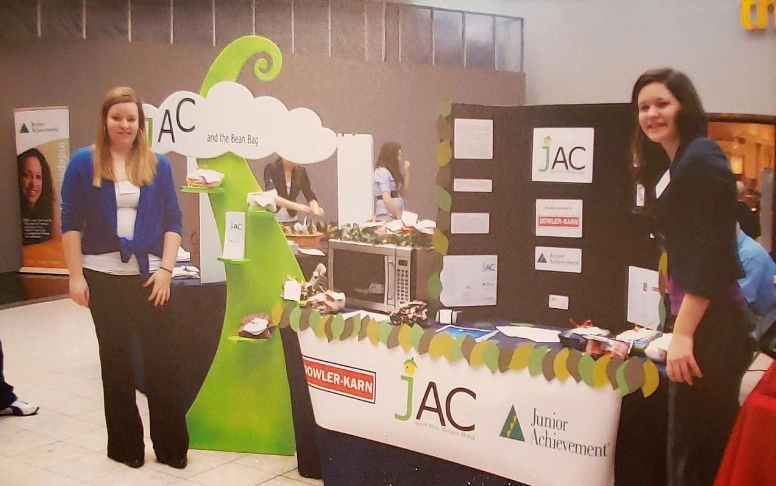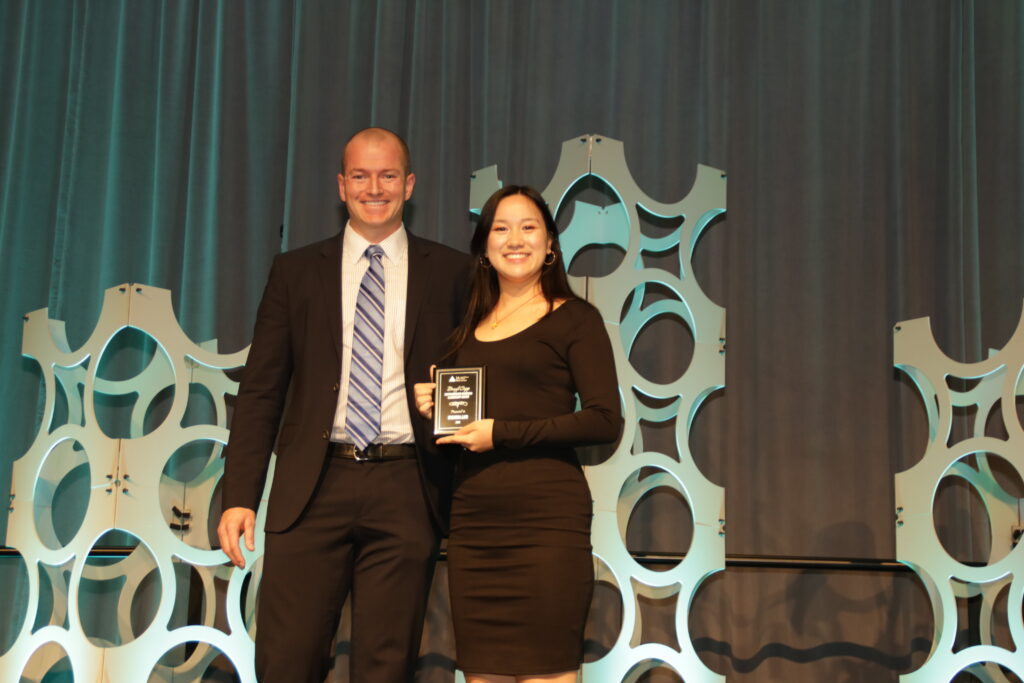A Change to Planned Giving Starts in 2024
Introduction by
Heather J. Scott, CFRE
Director, Philanthropy
JA South Western Ontario
Since 2006, the capital gains on gifts of publicly traded securities to registered charities has been eliminated. Securities eligible are all securities listed on both Canadian and major international exchanges. This includes stocks, mutual funds and bonds, along with a variety of other products. The donation must be made as an ‘in kind’ transfer of the security itself directly to the charity rather than selling the security and gifting the cash proceeds.
When you make a gift of securities to Junior Achievement South Western Ontario, you are providing financial learning experiences for children from Windsor to Tobermory to Fort Erie, a population of more than 500,000 elementary and high school students. With no government or United Way funding, we rely strictly on donations to provide the programming students rely on for financial literacy, work readiness, and entrepreneurship.
For yourself, you eliminate the capital gains tax you would pay if you sold the securities and donated the proceeds. Plus, you receive a charitable tax receipt for your donation.
Making this donation is easy, but before you do so you should consult your professional team. Working with your financial planner, accountant and lawyer to ensure you have your entire estate picture in view is essential to making the right gift at the right time.
Any one of these professionals is constantly following legislative changes, tax laws, to ensure your own personal circumstances align with your philanthropic wishes.
For instance, The 2023 federal budget announced significant changes to the Alternative Minimum Tax (AMT) system. As Susan Evel outlines below, these changes may affect a donor’s decision to donate a gift of securities after December 31, 2023.
A Change to Planned Giving Starts in 2024
By Susan Evel, BA, CFP® CLU, RIS
Owner and Principal
Edgewater Financial Products
Donors are a unique group of people. They are passionate, compassionate and generous. The impact they make is vast, and organizations rely on the support of generous donors to carry on their essential and life-changing work. So, when the Federal government gave notice that it was raising the Alternative Minimum Tax Rate (AMT) in 2024 from 15% to 20.5%, and changing the way donated shares are taxed, charitable organizations took notice. This change could significantly impact charitable contributions from donors who are impacted by the AMT. 
While AMT rules don’t apply to charitable donations on death, and most high net-worth individuals have estate plans that include philanthropy, the changes will impact large lump sum donations donors make while living. If a donor has a large gift amount in mind, they will be better under the new regime to donate annually over multiple years, rather than one large lump sum. From a planning perspective, this could be very helpful to organizations, provided the donor continues the annual commitment, but as we know, circumstances change, and these amounts can’t necessarily be counted on.
The Canadian Association of Gift Planners (CAGP) has noted that the pandemic greatly impacted donations and charitable giving has been declining generally over the years. So, it’s imperative donors are aware of the ways in which they can continue to assist, while still benefitting from a tax perspective.
In the past, donating shares has been a great opportunity. The charity would receive the donation, while the donor received preferential tax treatment as the gains were tax exempt. However, as of 2024, the capital gains will be fully included in the AMT calculation. (It’s worth noting that in most cases, taxpayers subject to the AMT calculation can recover the additional tax paid over several years with proper tax planning).
There is still a window of opportunity for donors considering a gift of shares. With 4 months remaining in 2023 it would be worthwhile for donors to make the donation prior to the end of the year before the rules change. Not only will they be helping the charity, but they will also receive the preferential tax treatment. All while making an impact.







































